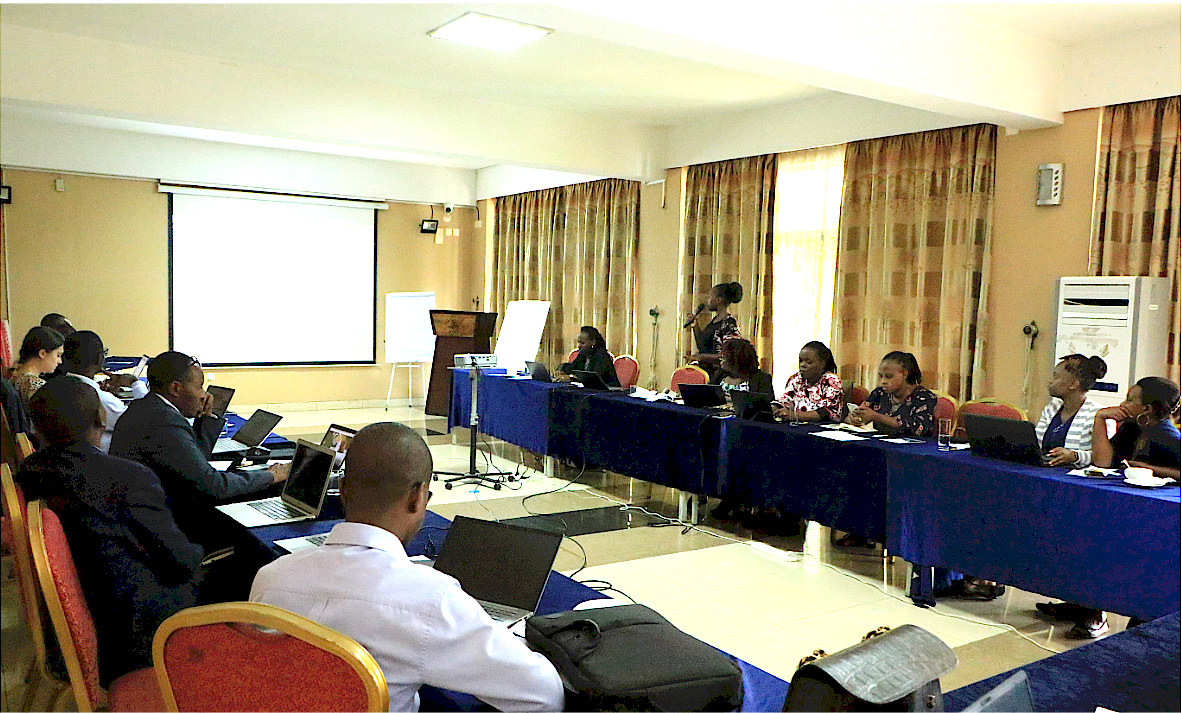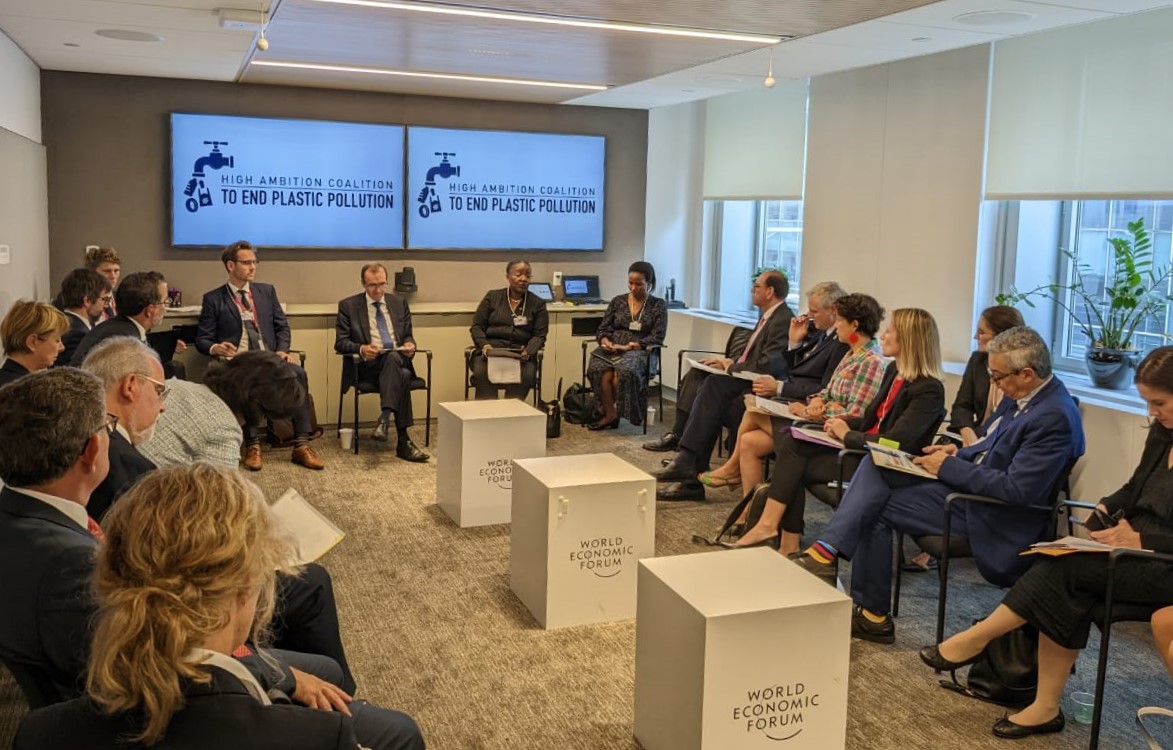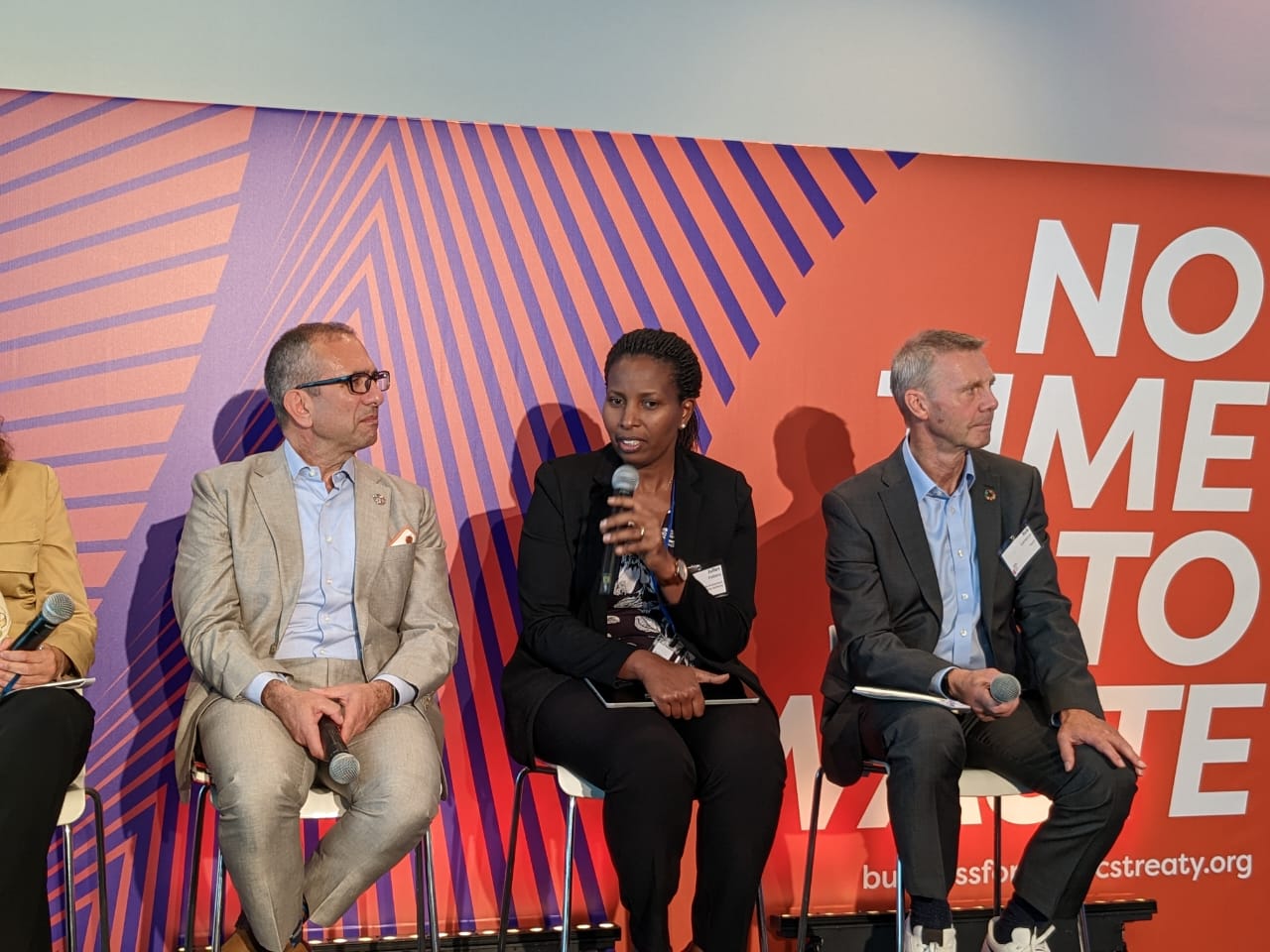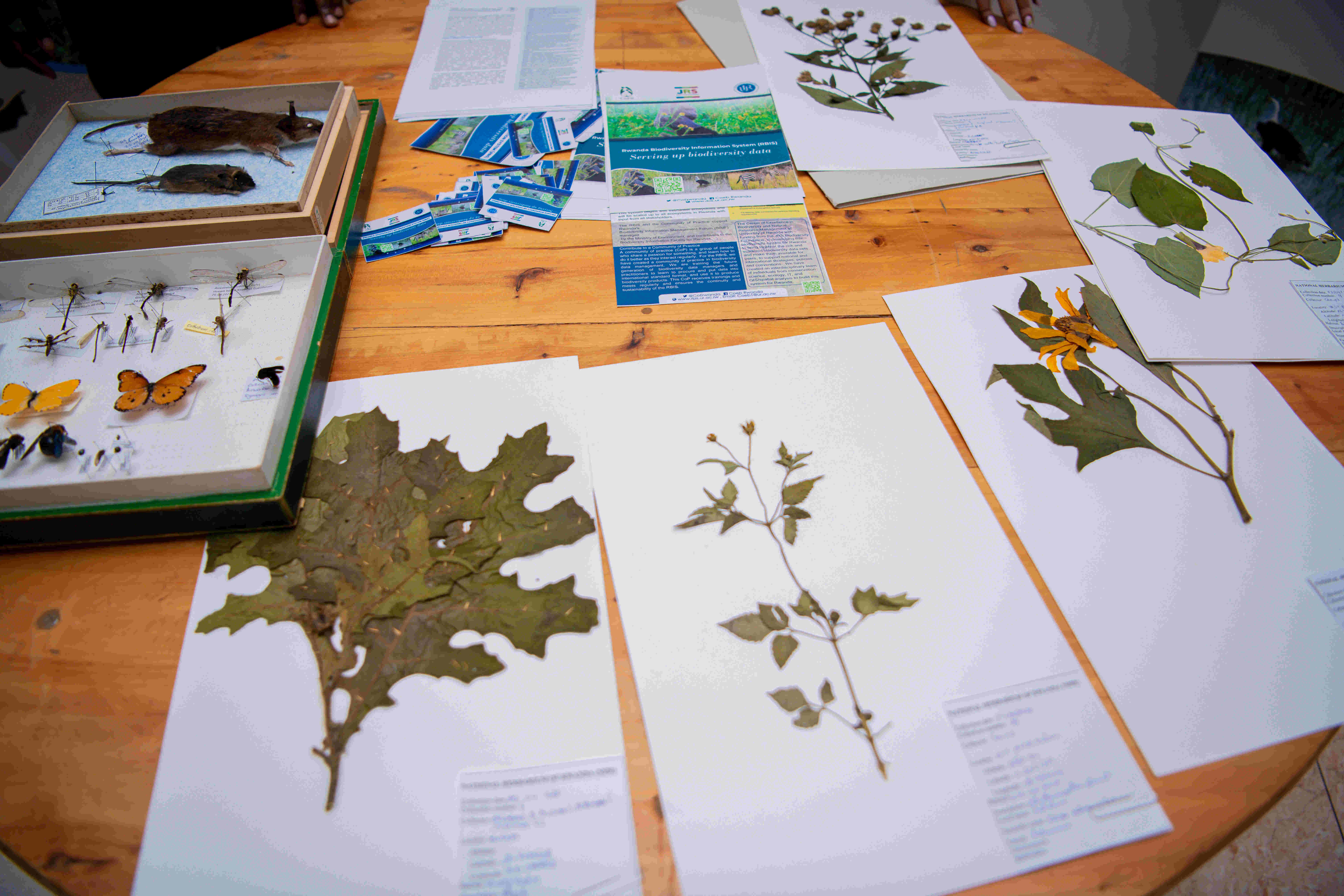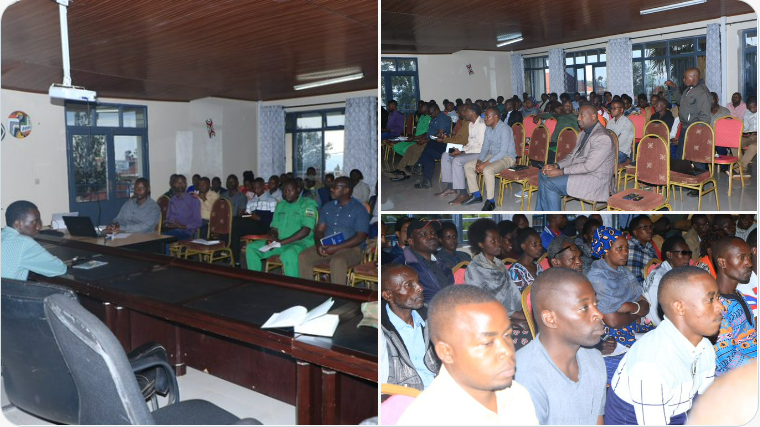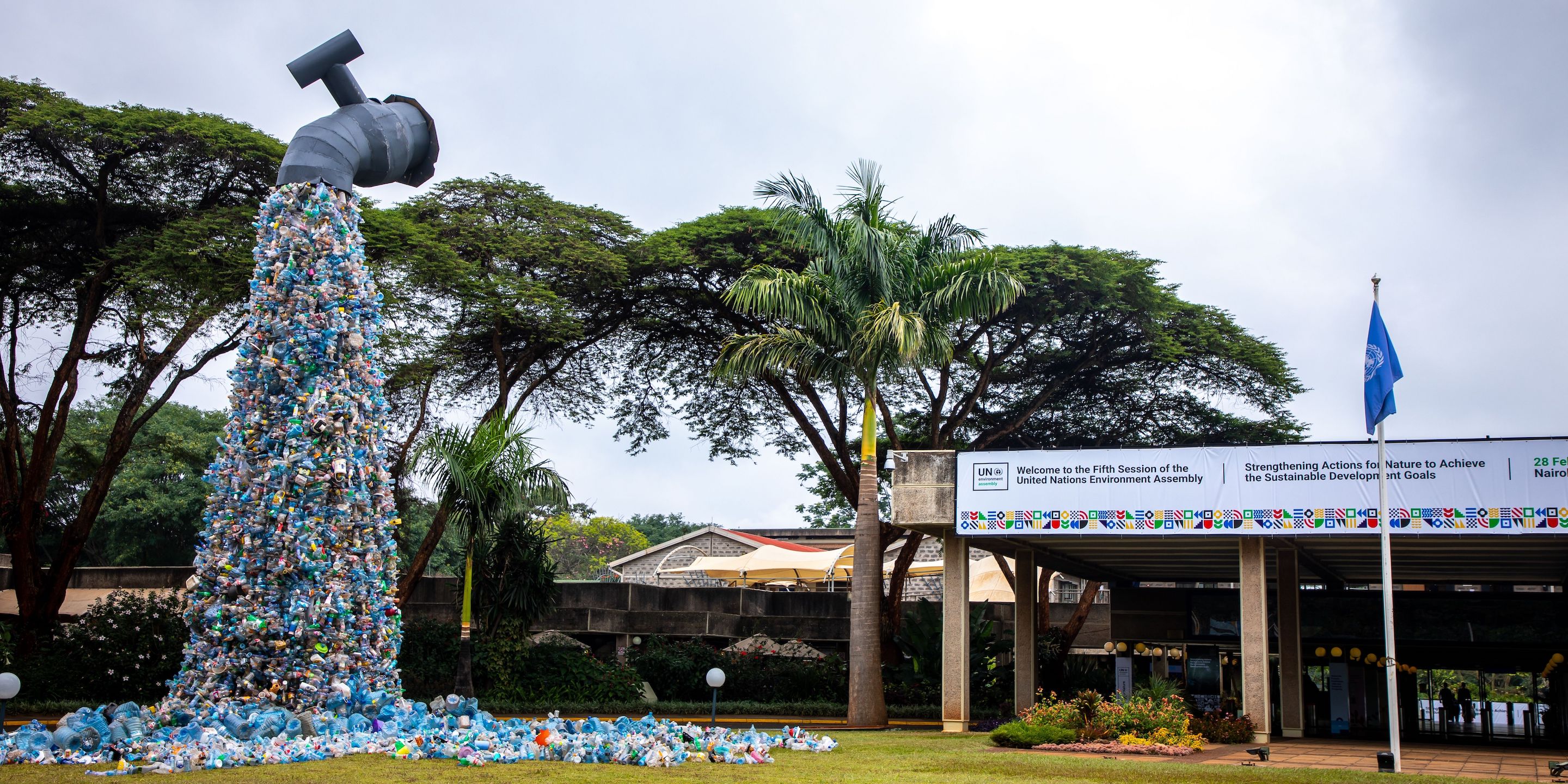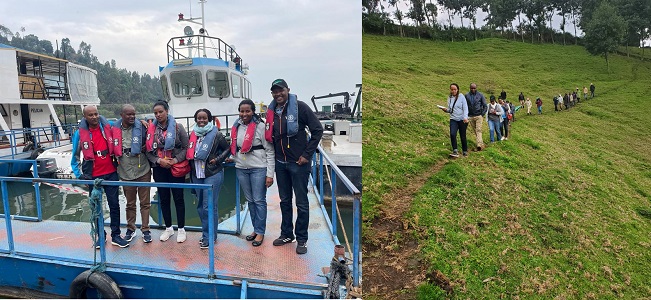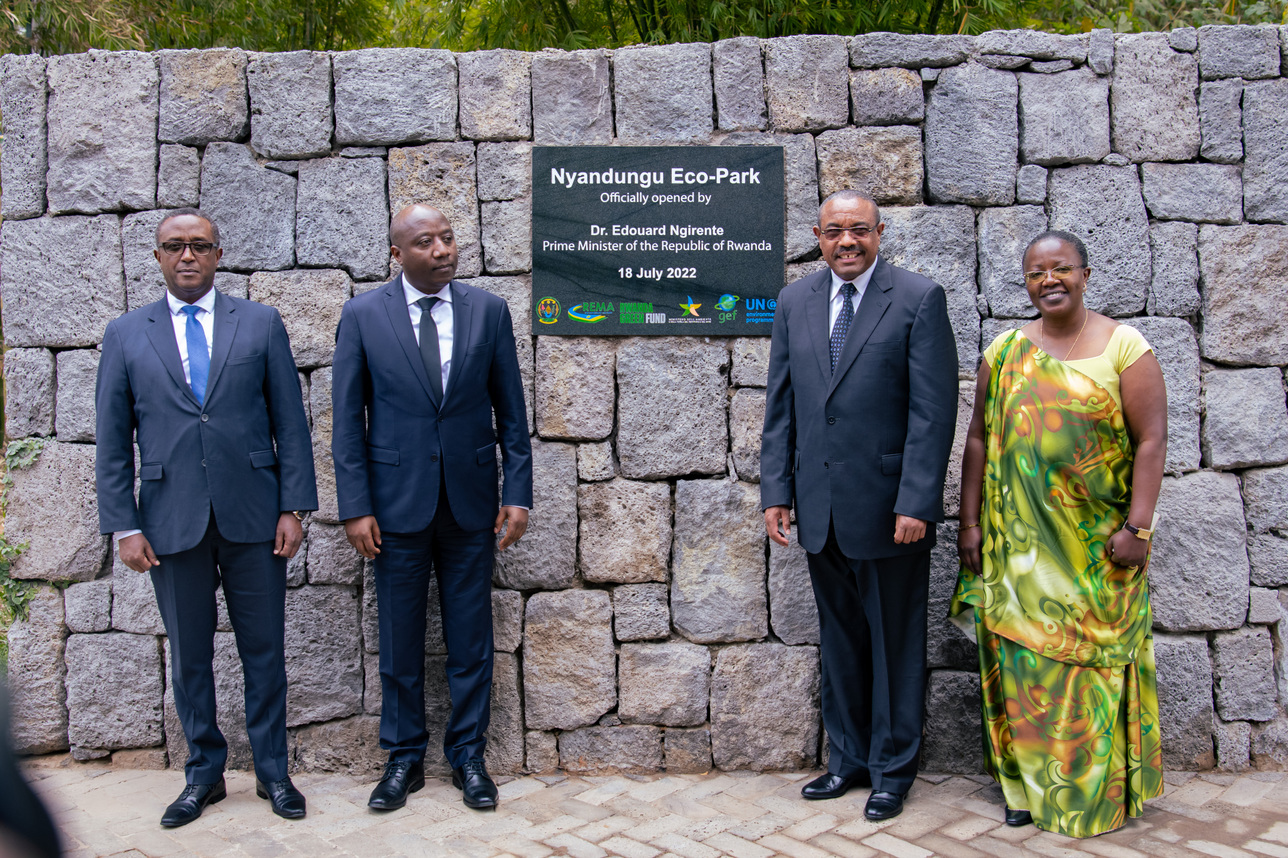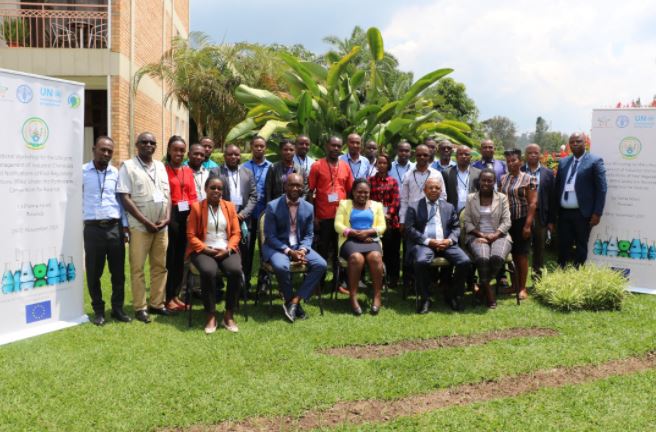
Stakeholders trained on Rotterdam Convention
Members of Chemical Based Conventions National Steering Committee from government institutions, private sector and non-governmental organizations, that have role in the implementation of Rotterdam Convention were trained in the national follow-up workshop for the life cycle management of chemicals and Notifications of Final Regulatory Actions (FRAs) under Rotterdam Convention. The workshop running from November 9 to November 12 was co-organized by REMA and Rotterdam convention secretariat in partnership with UN Environment Programme, UN Food and Agriculture Organization, and European Union.
This workshop which was financed by European Union is a follow-up to the “Sub-Regional workshop on the life cycle management of industrial chemicals under the Rotterdam Convention” that took place in Nairobi, Kenya 2019.
The key objectives of the follow-up workshop were to facilitate the strengthening of the capacity of Parties to assess and manage risks, prepare and communicate import responses and take decisions on final regulatory actions for chemicals that are listed under the Rotterdam Convention in accordance with the prior informed consent procedure.
It also aimed to raise awareness on hazardous chemicals through the use of GHS and also facilitate the development of frameworks and implementation plans for chemicals management, provide tools and approaches for Parties to apply precaution in industrial and pesticide chemicals management.
Opening the training on behalf of REMA Director General, Racheal TUSHABE, the Director of Advocacy and Multilateral Environmental Agreements Monitoring said:
“Environment has no borders, but, it also has no voice. We are the ones to advocate for the planet and enable nature to be heard and direct the conflict in particular ways. Hence, this is an assignment for all countries around the world. We can make it by joining hands as global community through the ratification, accession of Multilateral Environmental Agreements (MEAs) and putting emphasis on their implementation as it is the core solution to save our lives and biodiversity from diverse impacts resulting from the poor management of pesticide and industrial chemicals”.
Led by the trainers James Mulolo and Thabo Moroba from the Africa Institute for the Environmentally Sound Management of Hazardous, the training looked at the main provisions of Rotterdam convention, status regarding submissions, key obligations under the convention with focus on the role of National Coordination and Cooperation for sound chemicals management, hazard, risk assessment and management and framework development for sound management of chemicals. Trainees were also explained the distinction between Rotterdam Convention, Basel Convention and Stockholm Convention.
So far, Rwanda is party to 18 MEAs, notably the Rotterdam convention on prior informed consent. For the effective implementation of Rotterdam convention, Rwanda synergized it with the Strategic Approach to the International Chemicals Management, Basel, Stockholm and Minamata Conventions.
Since the date of its Ratification, Rwanda informed the secretariat the final decision taken against the transboundary movement of different pesticide and industrial chemical under annex III. In addition to the import responses submitted, during this year, Rwanda has adopted ministerial order banning eighty-seven (87) pesticide and industrial chemicals. Henceforth, 30 of them have been submitted to the Rotterdam Secretariat through import responses as provided for by article 10 of the convention.
About Basel, Rotterdam and Stockholm Conventions
The Rotterdam Convention which was adopted in 1998 and became effective in 2004 is a multilateral treaty to promote shared responsibilities in relation to importation of hazardous chemicals.
The convention promotes open exchange of information and calls on exporters of hazardous chemicals to use proper labeling, include directions on safe handling, and inform purchasers of any known restrictions or bans.
Signatory nations can decide whether to allow or ban the importation of chemicals listed in the treaty, and exporting countries are obliged to make sure that producers within their jurisdiction comply.
Basel Convention, adopted in 1989 and entered into force in 1992, is an international treaty that was designed to reduce the movements of hazardous waste between nations.
The Basel Convention regulates the transboundary movements of hazardous wastes and other wastes.
Stockholm Convention on Persistent Organic Pollutants is an international environmental treaty, signed on 22 May 2001 in Stockholm and effective from 17 May 2004.
Topics
More posts
Business Leaders pledge to contribute to Rwanda’s ambitious targets in Environmental protection
Business leaders for major companies, NGOs and Banks operating in Rwanda have pledged to accelerate the achievement of Rwanda’s high ambitious target…
DHWG and LDCF3 Projects stakeholders agree on activities to be carried out during the projects implementation
The Rwanda Environment Management Authority (REMA) and the United Nations Development Programme (UNDP) have on 27th September 2022 convened an…
Representatives from 26 Nations meet to exchange views and priorities for a treaty to end plastic pollution
Ministers and representatives from 26 Nations from around the world met on September 22, 2022 in New York on the sidelines of United Nations General…
REMA’s DG joins a Roundtable Meeting at UNGA to discuss Circular economy
The Director General of the Rwanda Environment Management Authority (REMA), Juliet Kabera, on 20th September 2022, joined a roundtable meeting in New…
REMA concludes a five-day Biodiversity and Environment Exhibition
The Rwanda Environment Management Authority (REMA) through the Biodiversity Finance Initiative Project has on 16th September 2022 concluded a five-day…
LDCF3 Project beneficiaries commit to actively participate in the Project implementation
The Rwanda Environment Management Authority (REMA) is conducting consultation meetings with stakeholders and beneficiaries of a new project which will…
Press Release: Countries aim to end plastic pollution by 2040
Today the Governments of Rwanda and Norway launch The High Ambition Coalition to End Plastic Pollution together with Canada, Peru, Germany, Senegal,…
REMA’s Board of Directors conclude a three-day field visit in REMA projects’ intervention zones
Members of the Rwanda Environment Management Authority (REMA) Board of Directors have today 19th August 2022 concluded a three-day field visit…
Prime Minister of Rwanda, Dr Edouard Ngirente, Officiates Nyandungu Eco-Park Unveiling
Rwanda’s Prime Minister, Dr Edouard Ngirente, today officiated the unveiling of Nyandungu Eco-Park. The event was held on the first day of the Africa…
